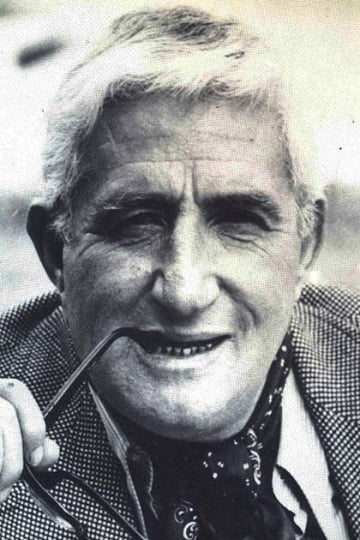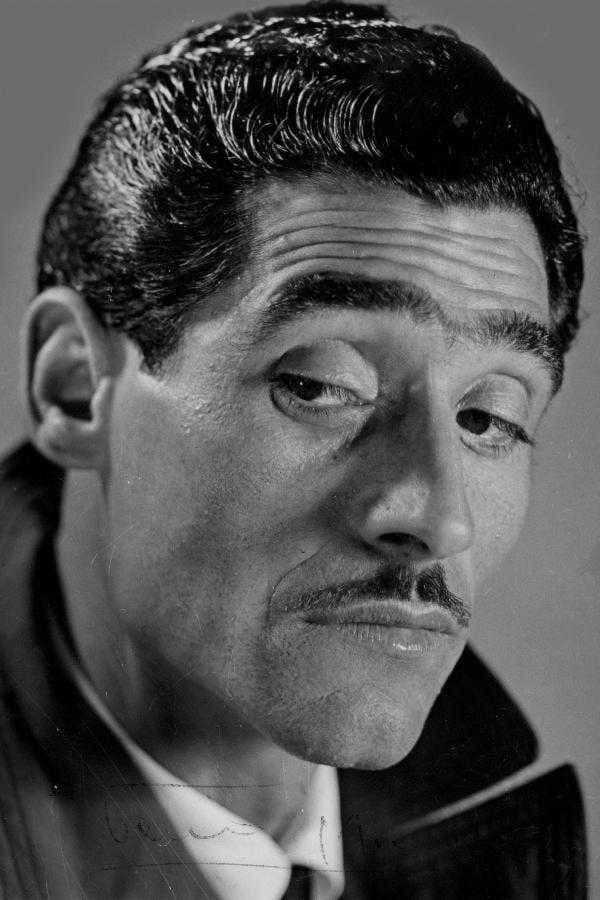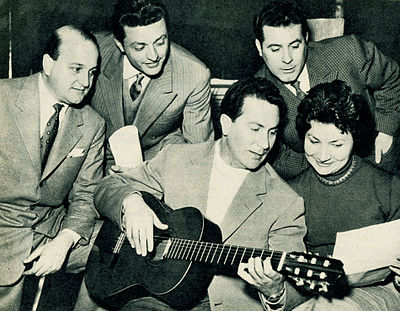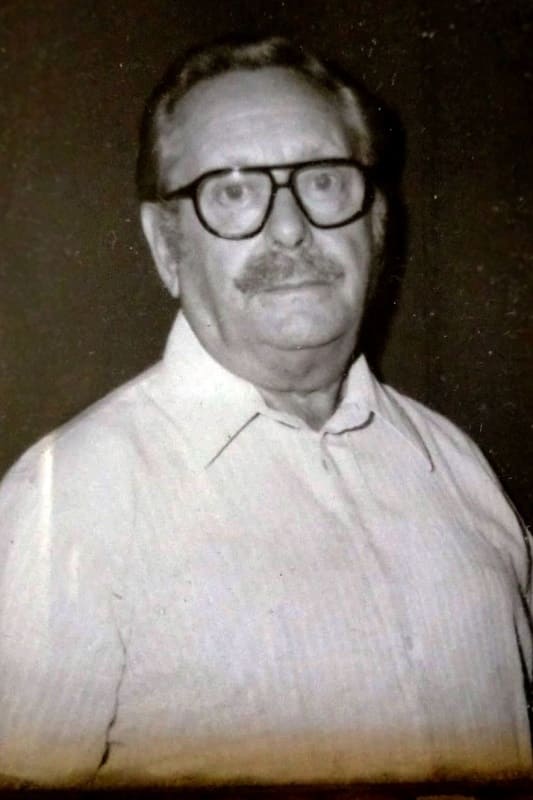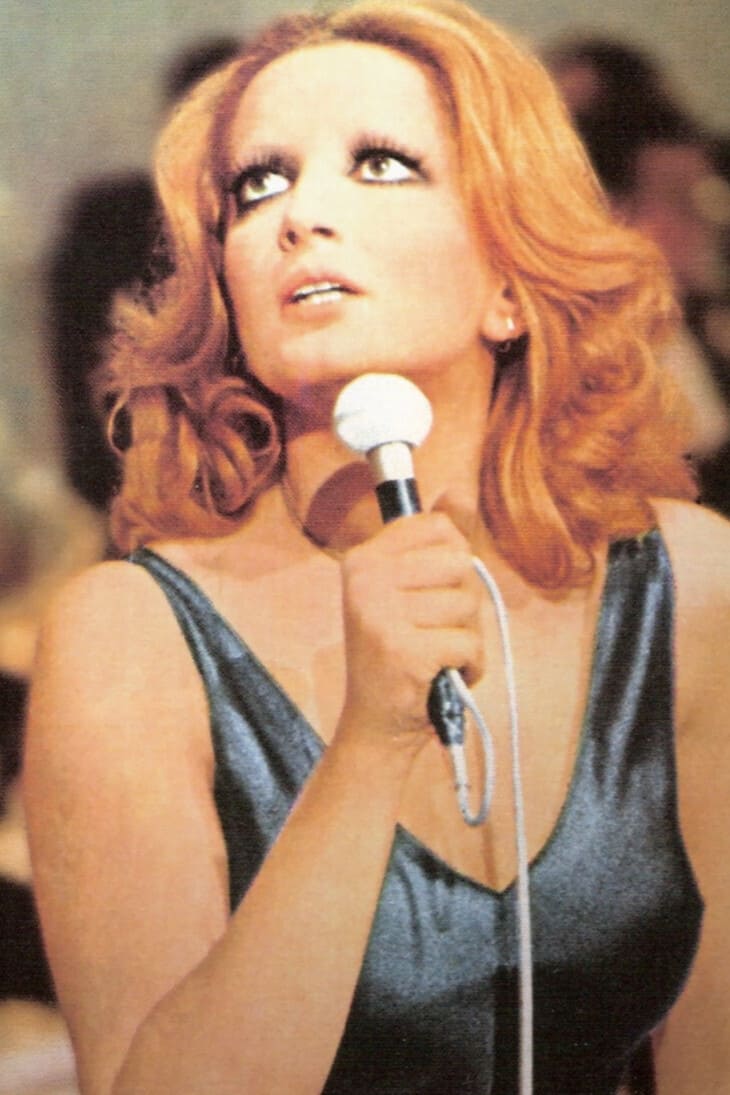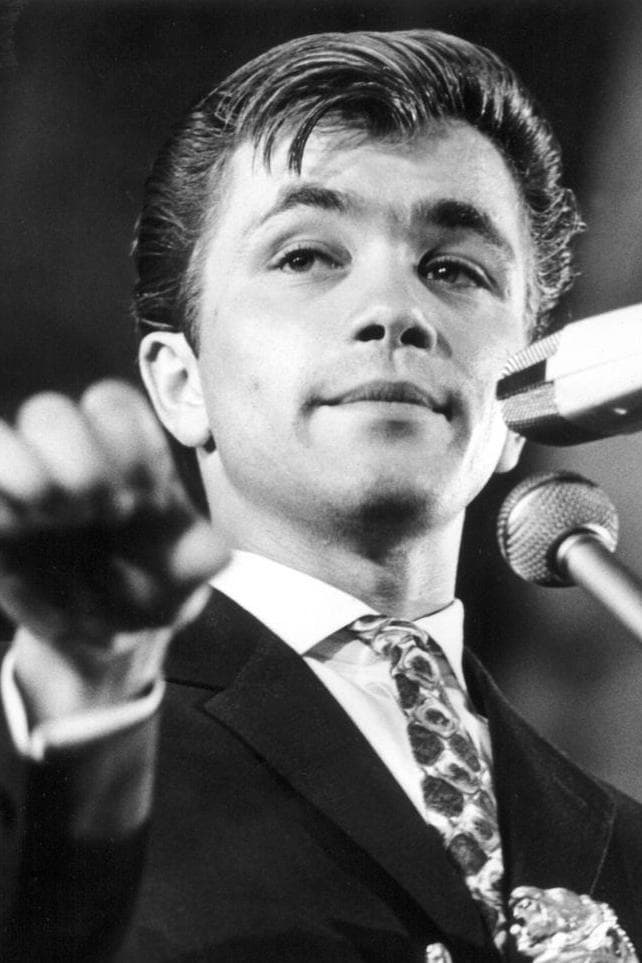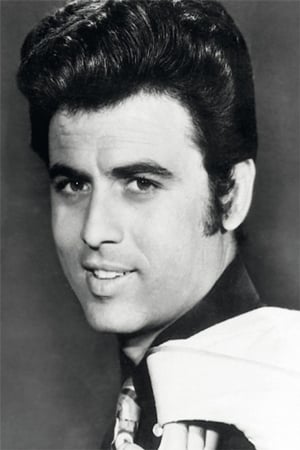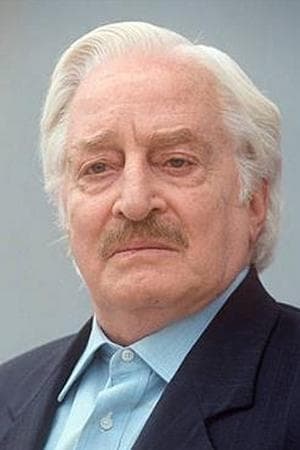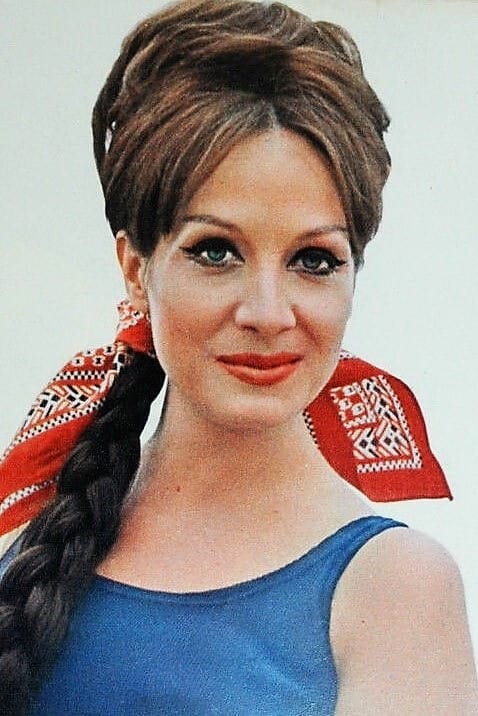Biography
Giuseppe Faiella (born 27 July 1939), professionally known as Peppino di Capri, is an Italian popular music singer, songwriter and pianist, successful in Italy and Europe. His international hits include "St. Tropez Twist", "Daniela", "Torna piccina", "Roberta", "Melancolie", "Freva", "L'ultimo romantico", "Un grande amore e niente più", "Non lo faccio più", "Nun è peccato", and "Champagne". Peppino began singing and playing the piano at age 4, entertaining the American army troops stationed on the island of Capri with a repertoire of American standards. After 6 years of classical studies and playing at nightclubs around Capri, Peppino and his group The Rockers released their first single, with the songs "Malattia" ("Sickness") and "Nun è Peccato" ("It's not a sin"), sung in Neapolitan in 1958.
The single was an instant hit, and Peppino spent most of the following year touring. A string of hit singles soon followed, usually alternating between Italian versions of American rock'n'roll and twist songs (with some verses sung in English), and originals in Italian and Napoletano, and di Capri became one of the top acts in the country.
After performing as the opening act for The Beatles in their 1965 tour of Italy, Peppino and his group attempted, with moderate success, to break out of the European market. Their work was well received, particularly in Brazil, thanks to the large Italian immigrant community in the country.
The 1970s saw Peppino with a new band, the New Rockers. He won the prestigious Sanremo Music Festival in 1973, with the song "Un grande amore e niente più" ("A great love and nothing more").
The same year, he released the song "Champagne" that was a big hit in Italy, Germany, Spain and Brazil.
He won the Sanremo Festival again in 1976, with the song "Non lo faccio più" ("I won't do it anymore"). He represented Italy in the Eurovision Song Contest 1991, coming in 7th place with 89 points with the song "Comme è ddoce 'o mare" ("How sweet is the sea"), sung in Neapolitan.
As of 2006, Peppino di Capri is the performer with the most appearances (15) at the Sanremo Festival, his last appearance being in 2005, singing "La Panchina" ("The little park bench").
Filmography
all 29
Movies 23
self 13
TV Shows 6
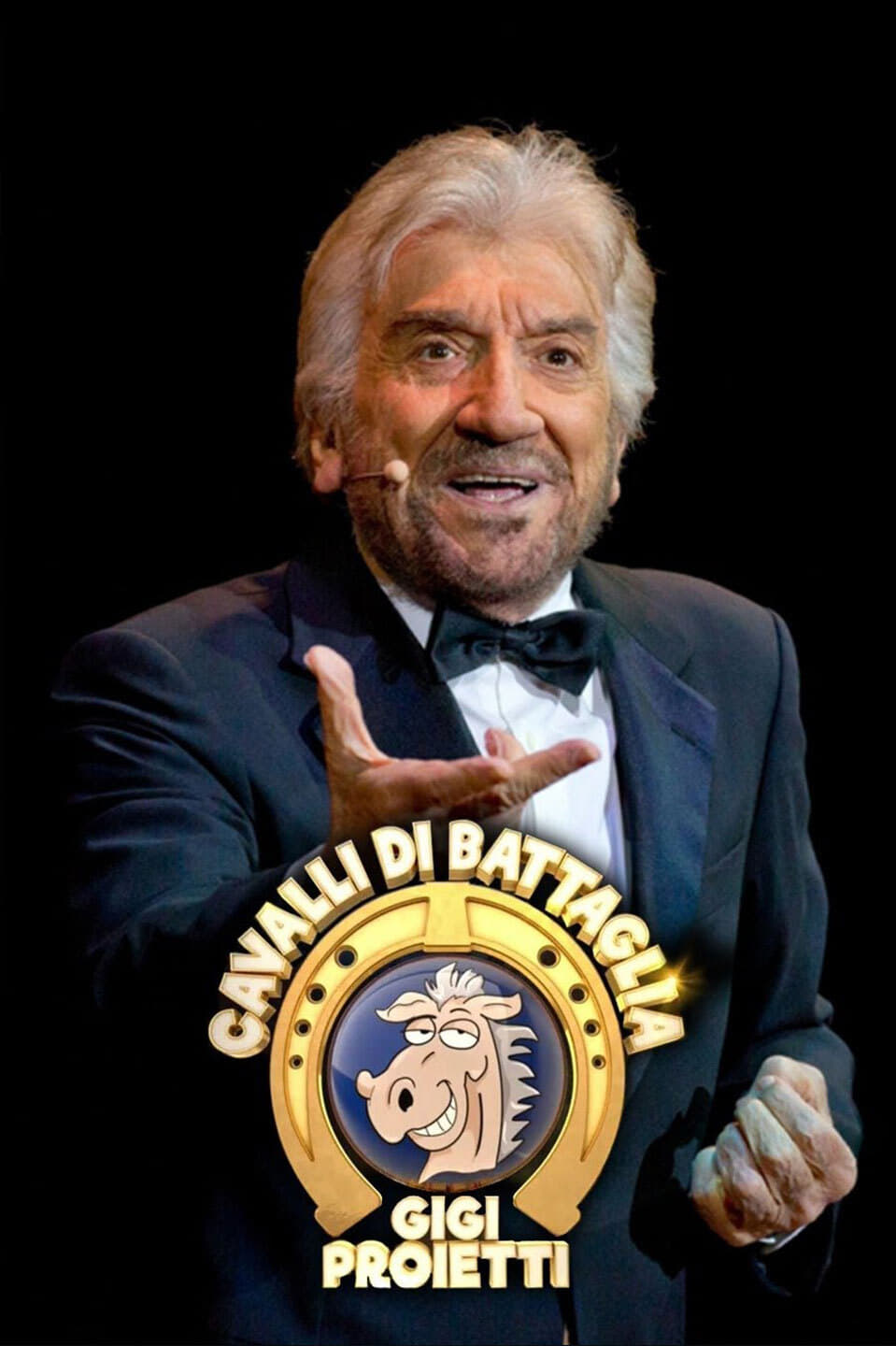
Cavalli di battaglia (2017)
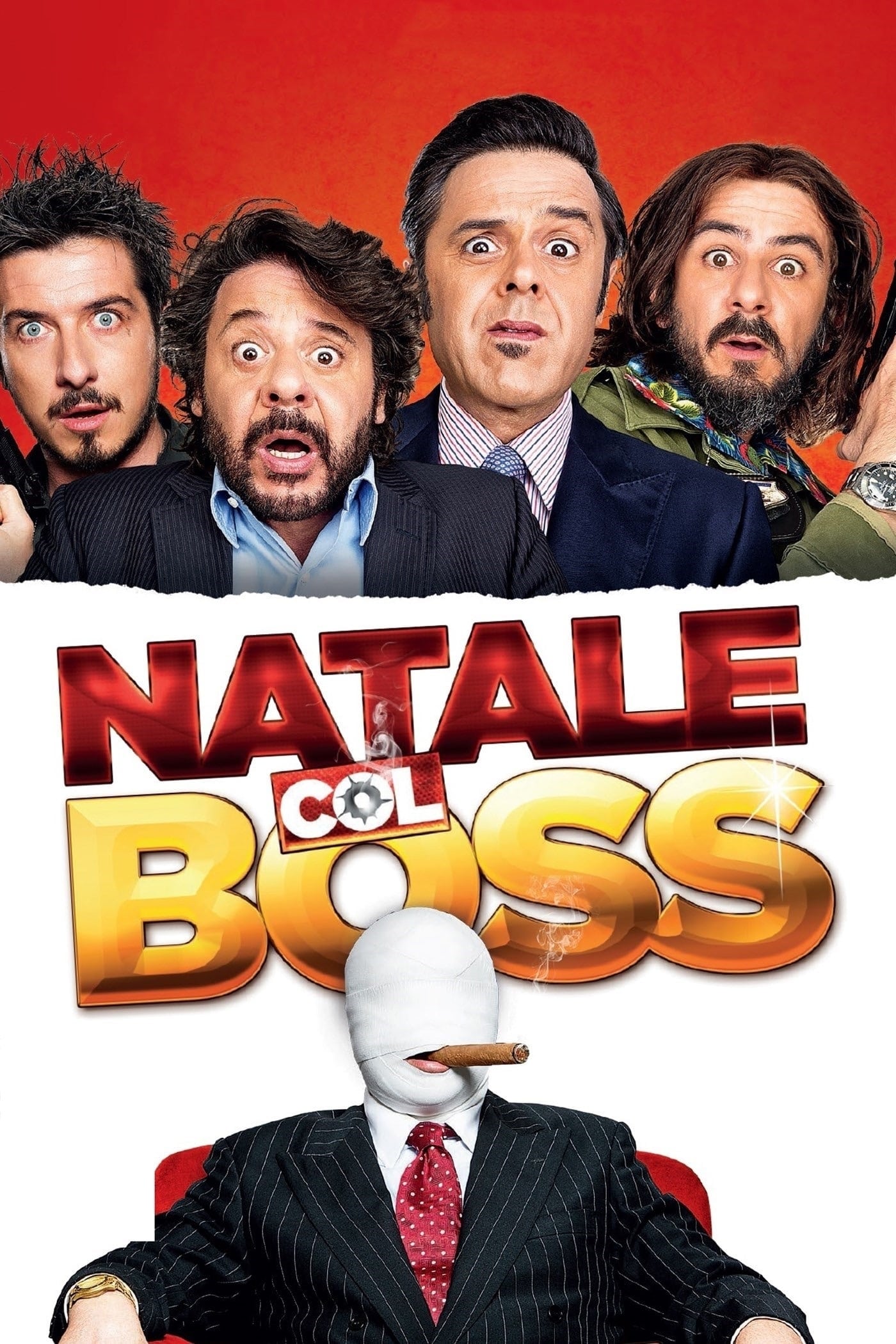
Natale col boss (2015)
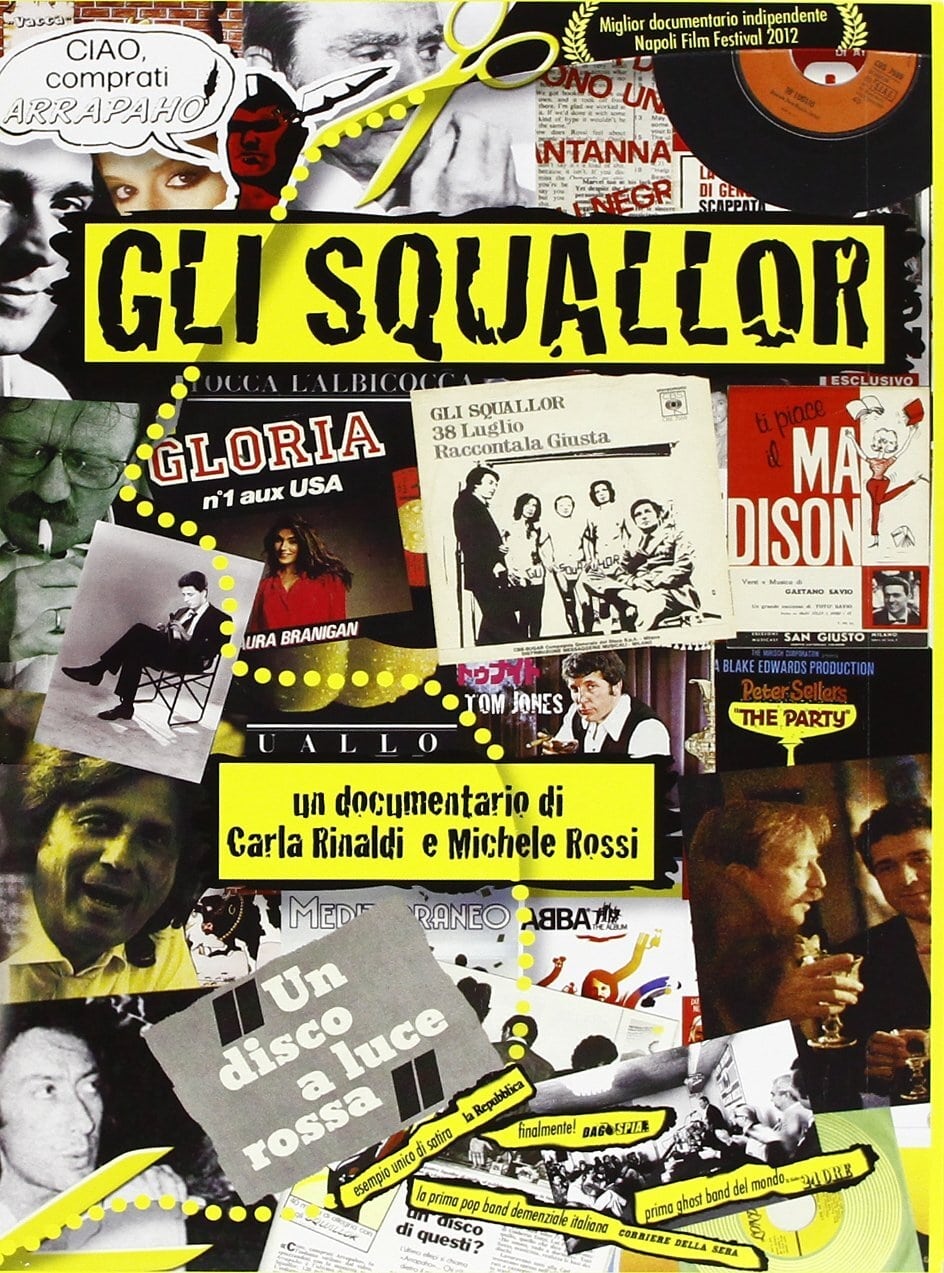
Gli Squallor (2012)
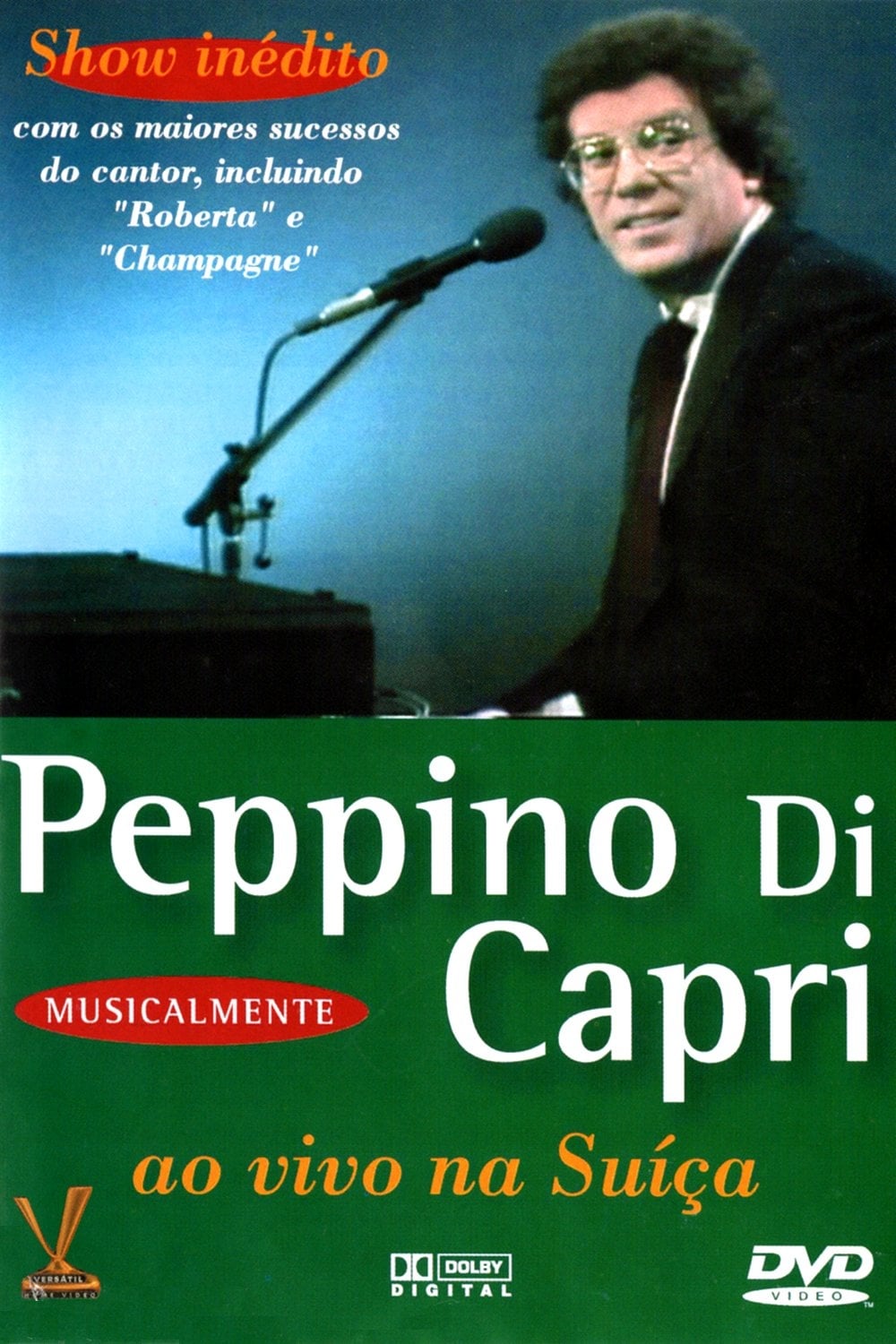
Peppino Di Capri: Live in Switzerland (2008)
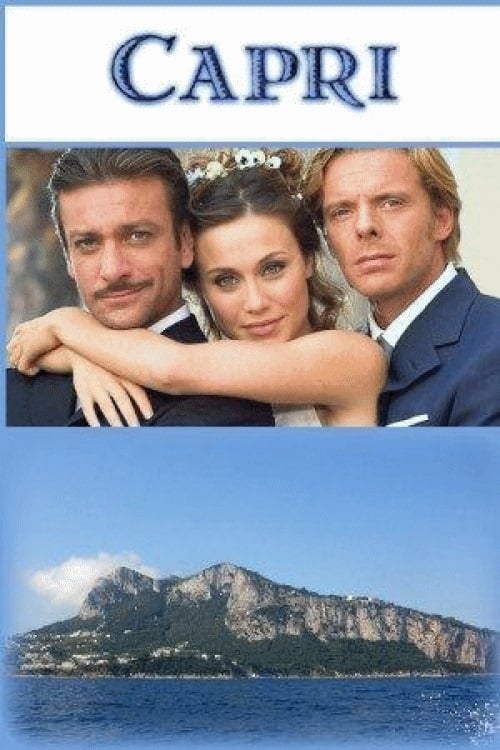
Capri (2006)
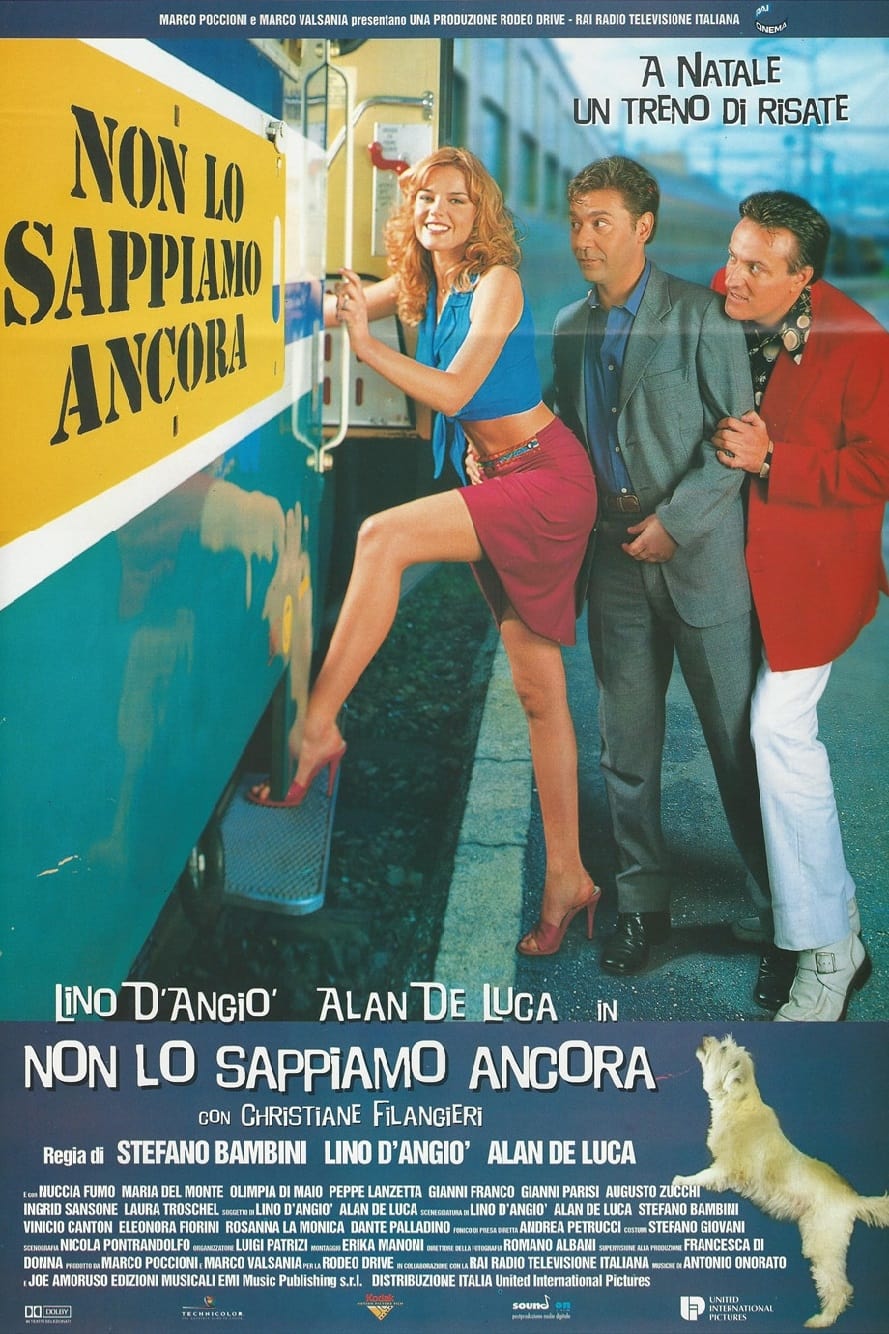
Non lo sappiamo ancora (1999)
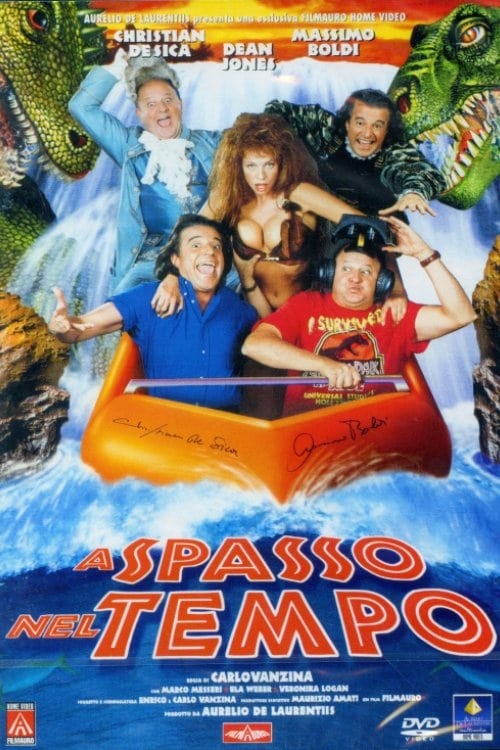
A Walk in Time (1996)
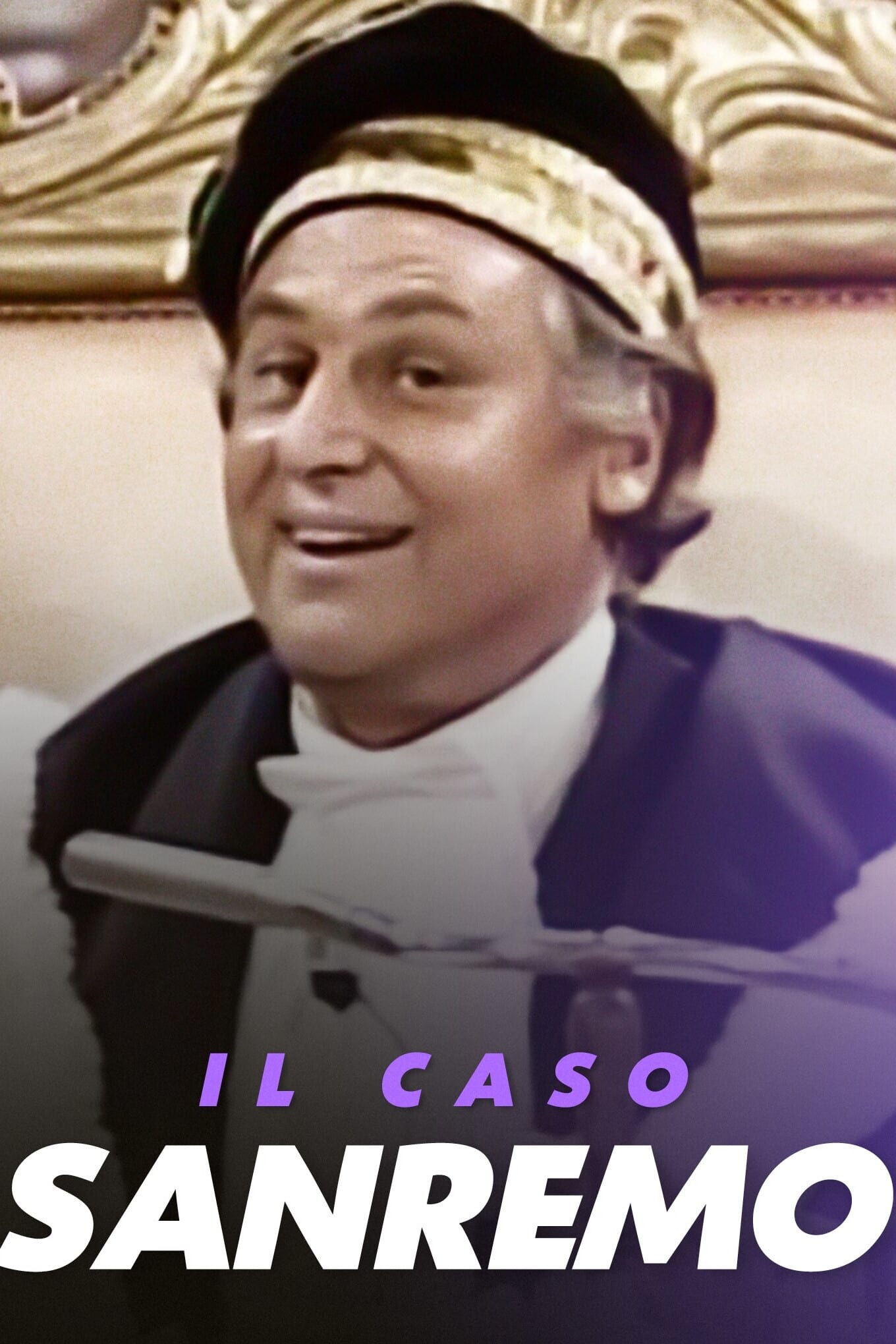
The Sanremo Case (1990)
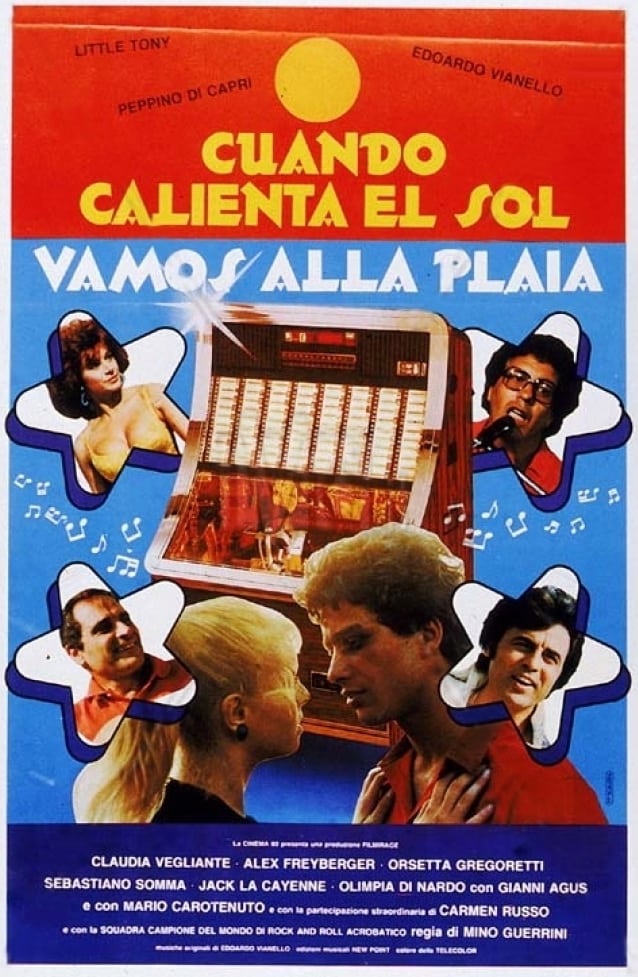
Cuando calienta el sol... vamos a la playa (1982)

Domenica In (1976)
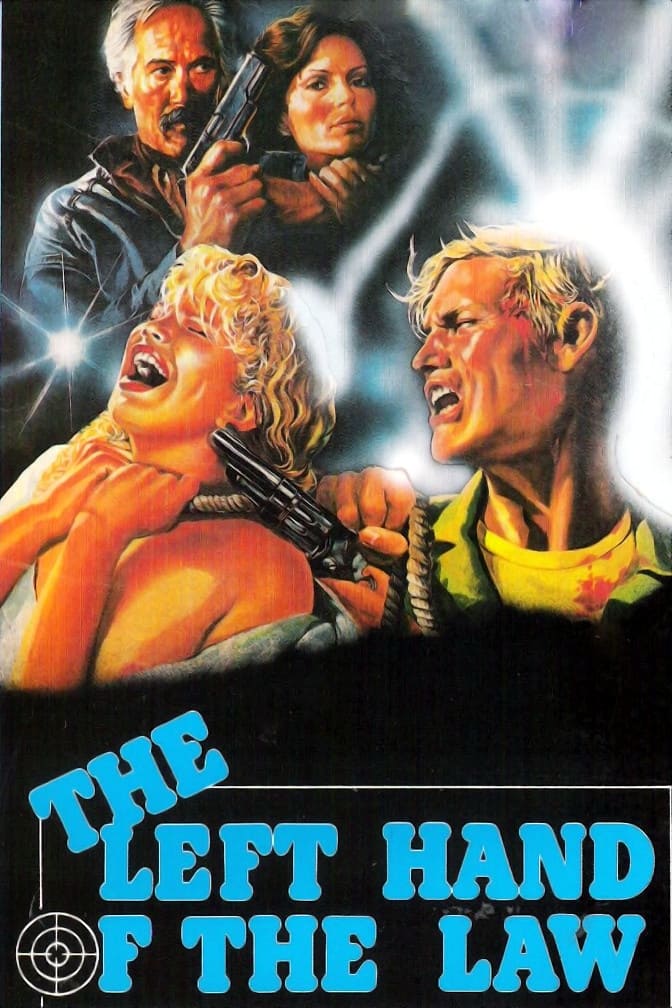
The Left Hand of the Law (1975)
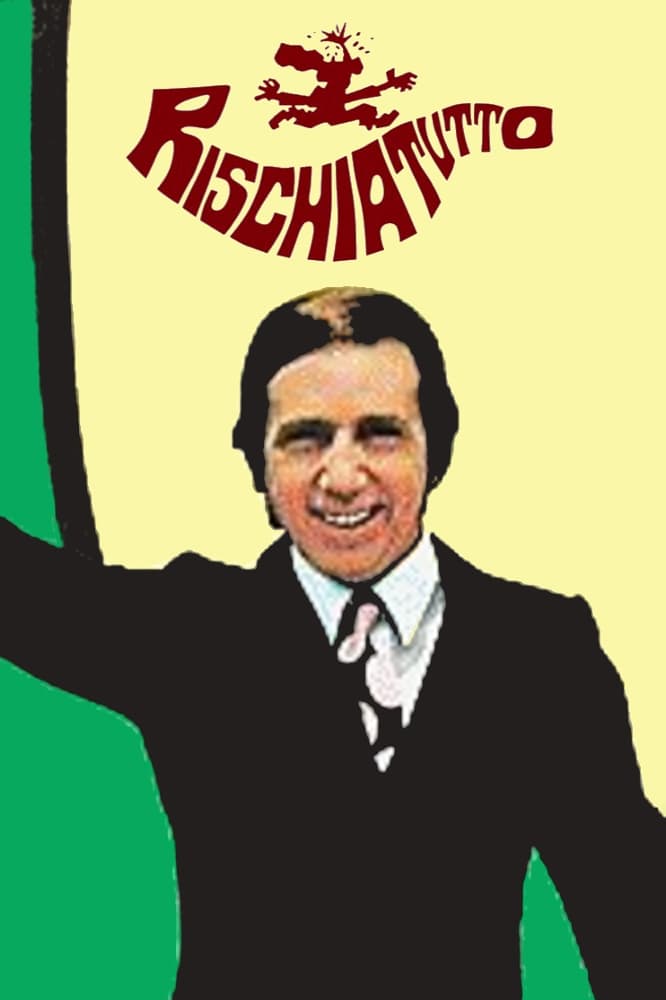
Rischiatutto (1970)
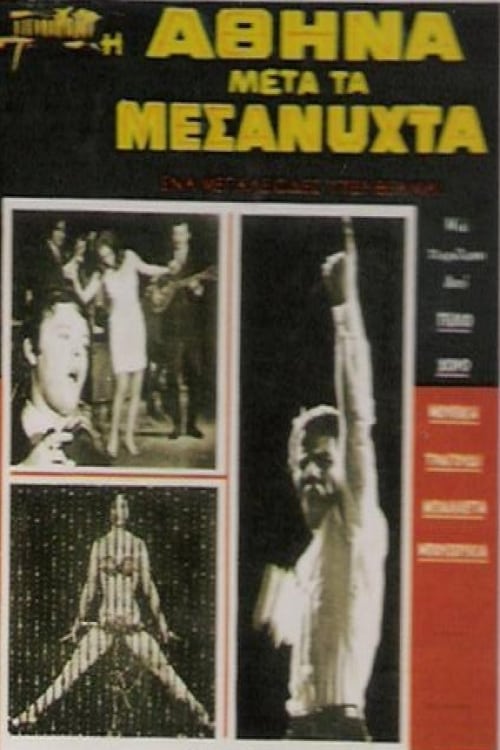
Athens after midnight (1968)
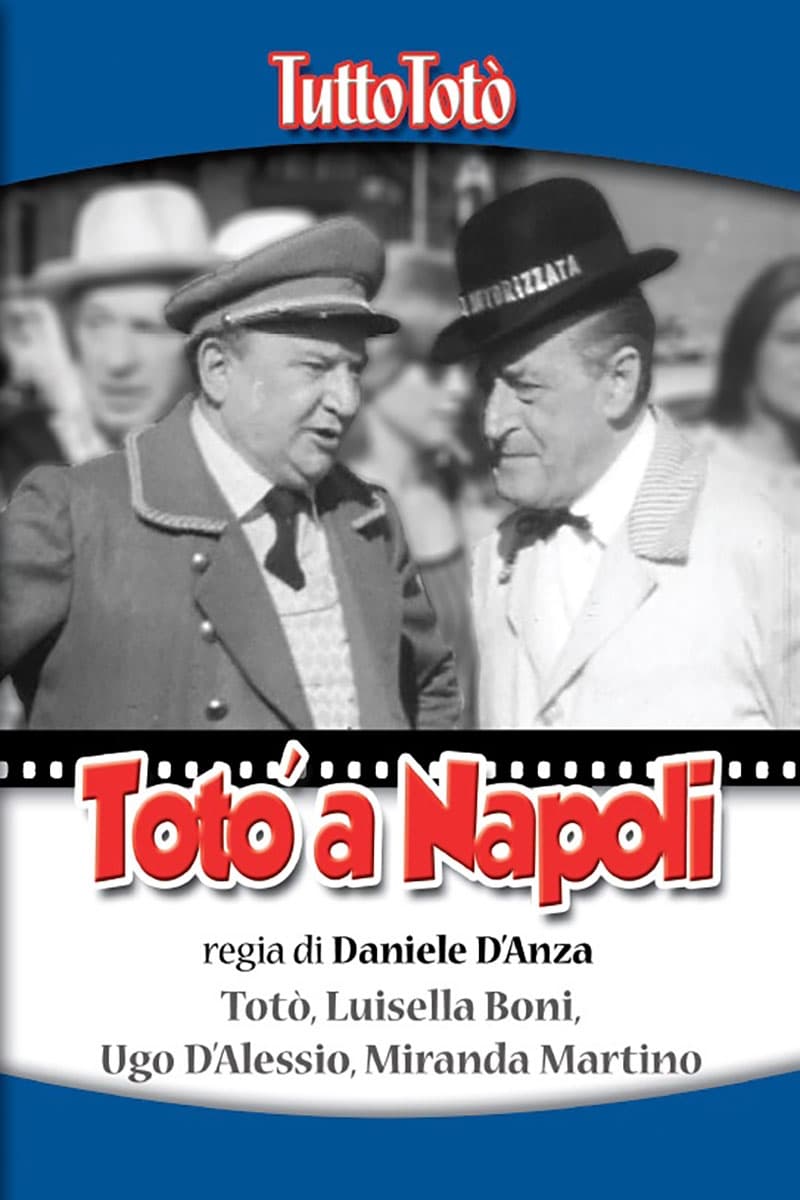
Tutto Totò - Totò a Napoli (1967)
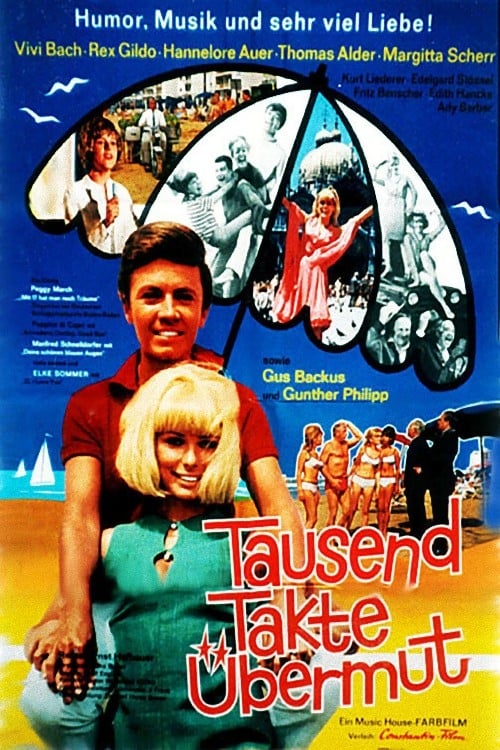
Tausend Takte Übermut (1965)
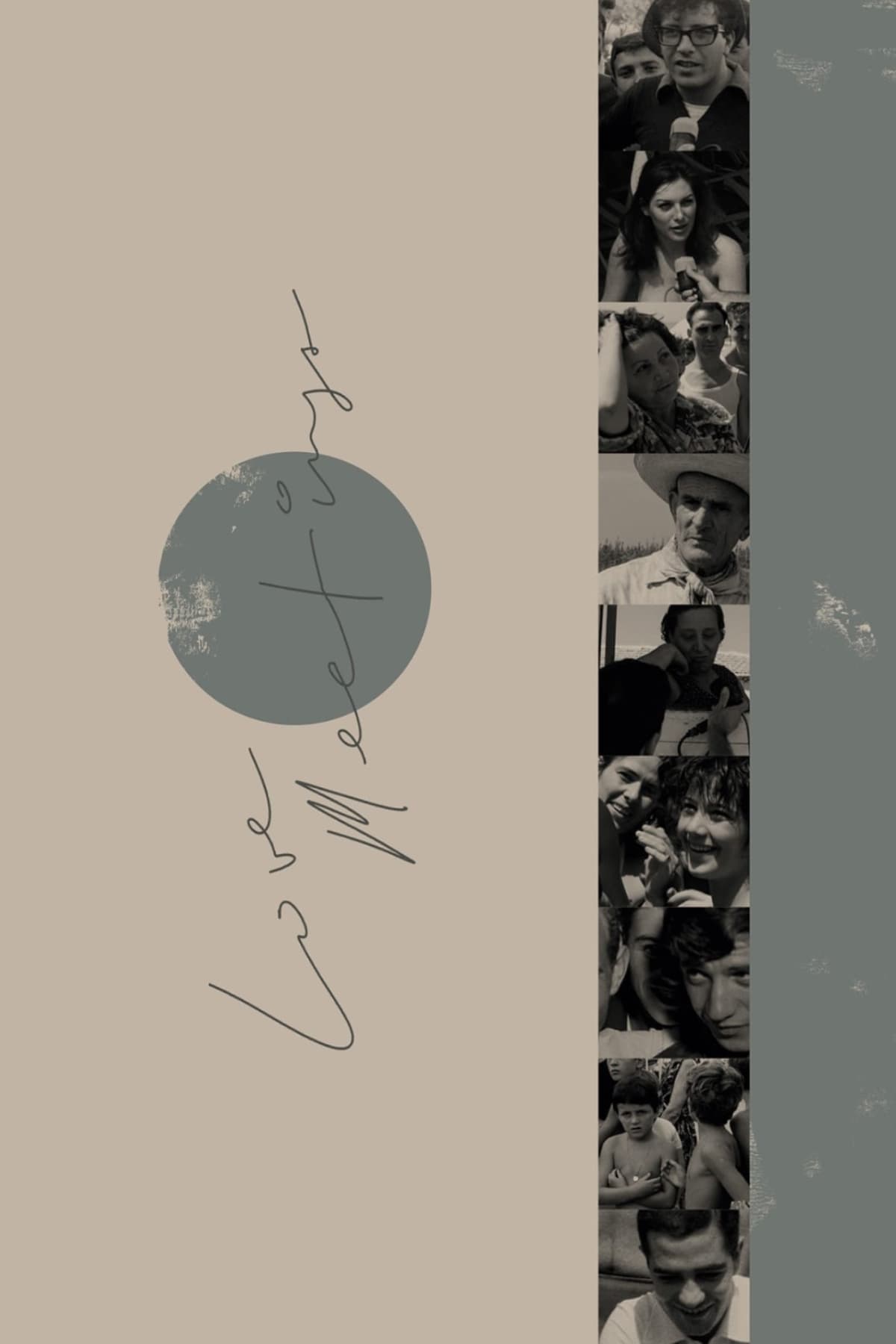
Love Meetings (1965)
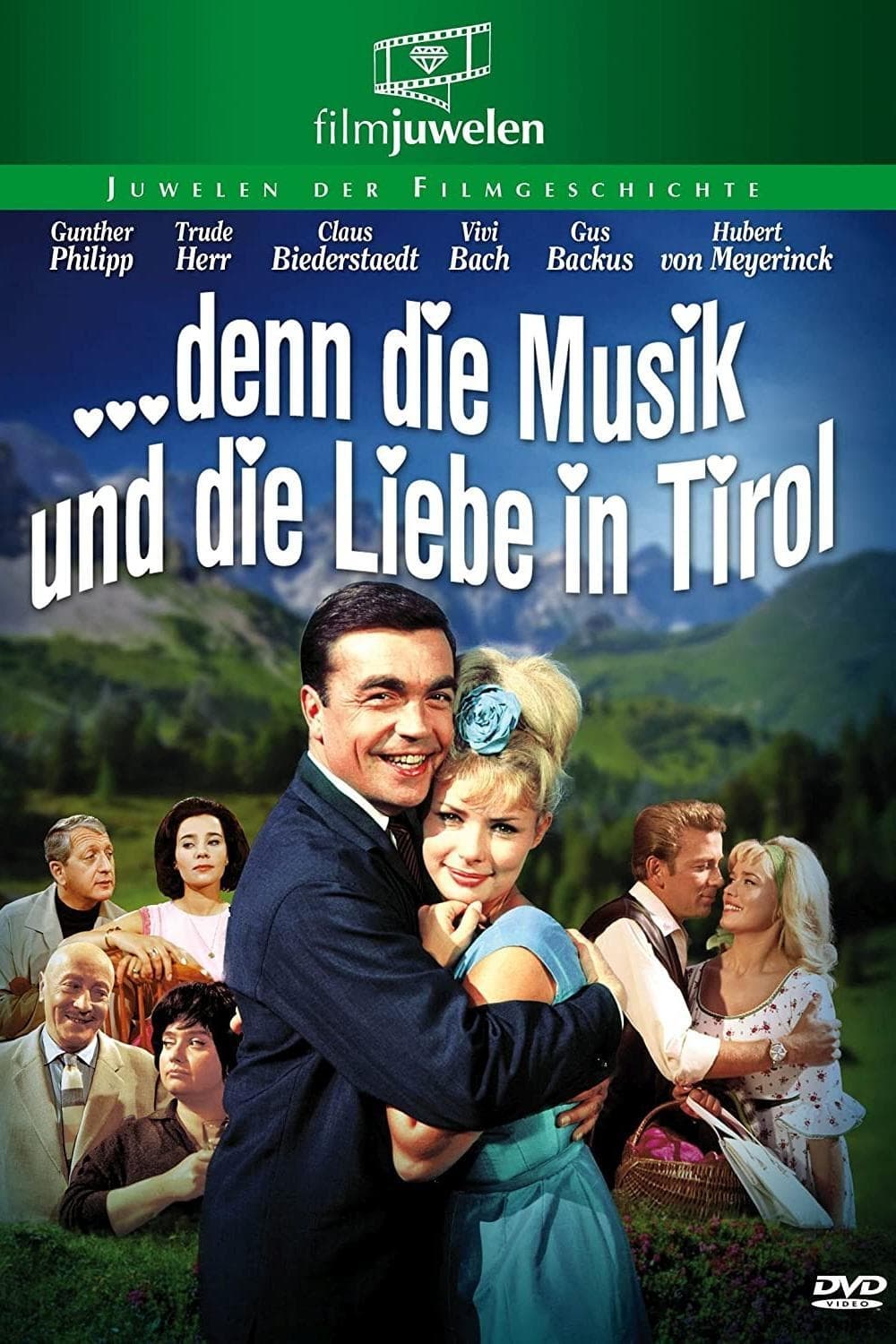
… denn die Musik und die Liebe in Tirol (1963)
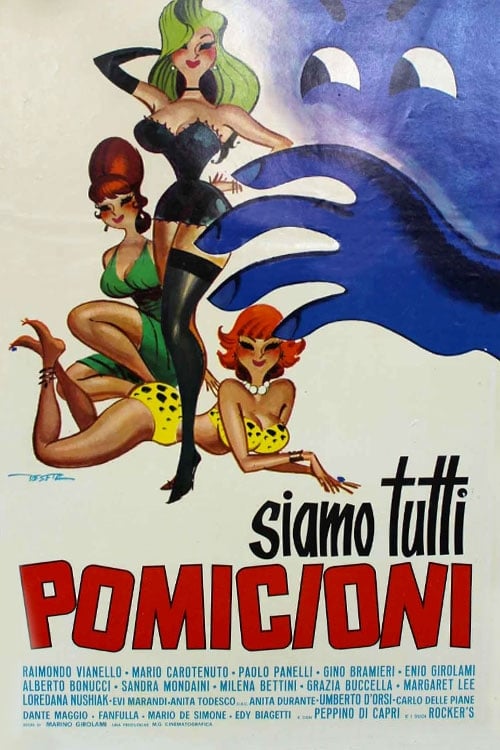
Siamo tutti pomicioni (1963)

Übermut im Salzkammergut (1963)
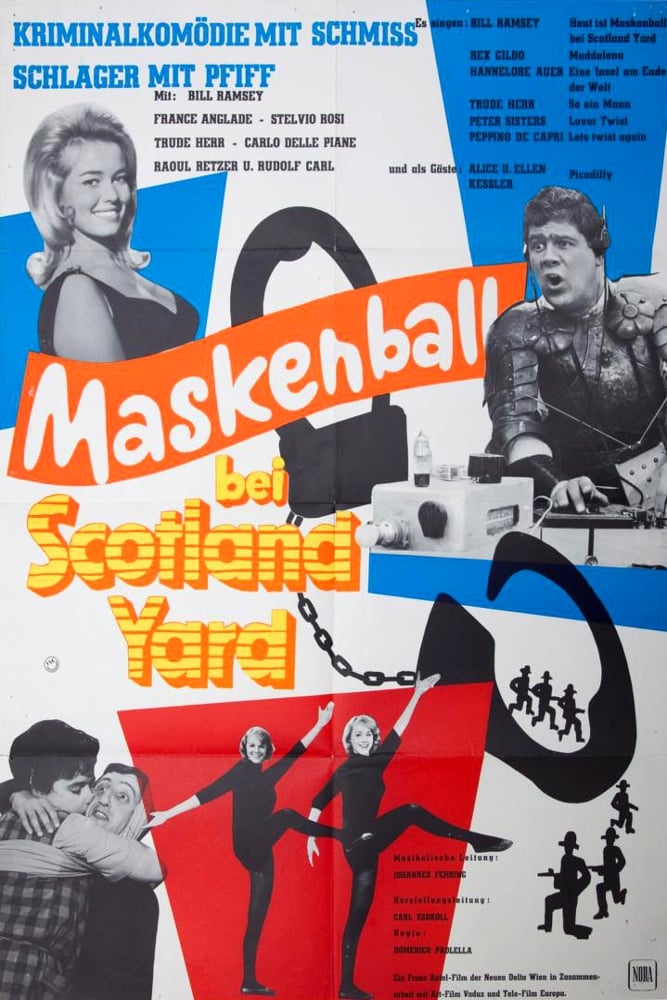
Maskenball bei Scotland Yard (1963)
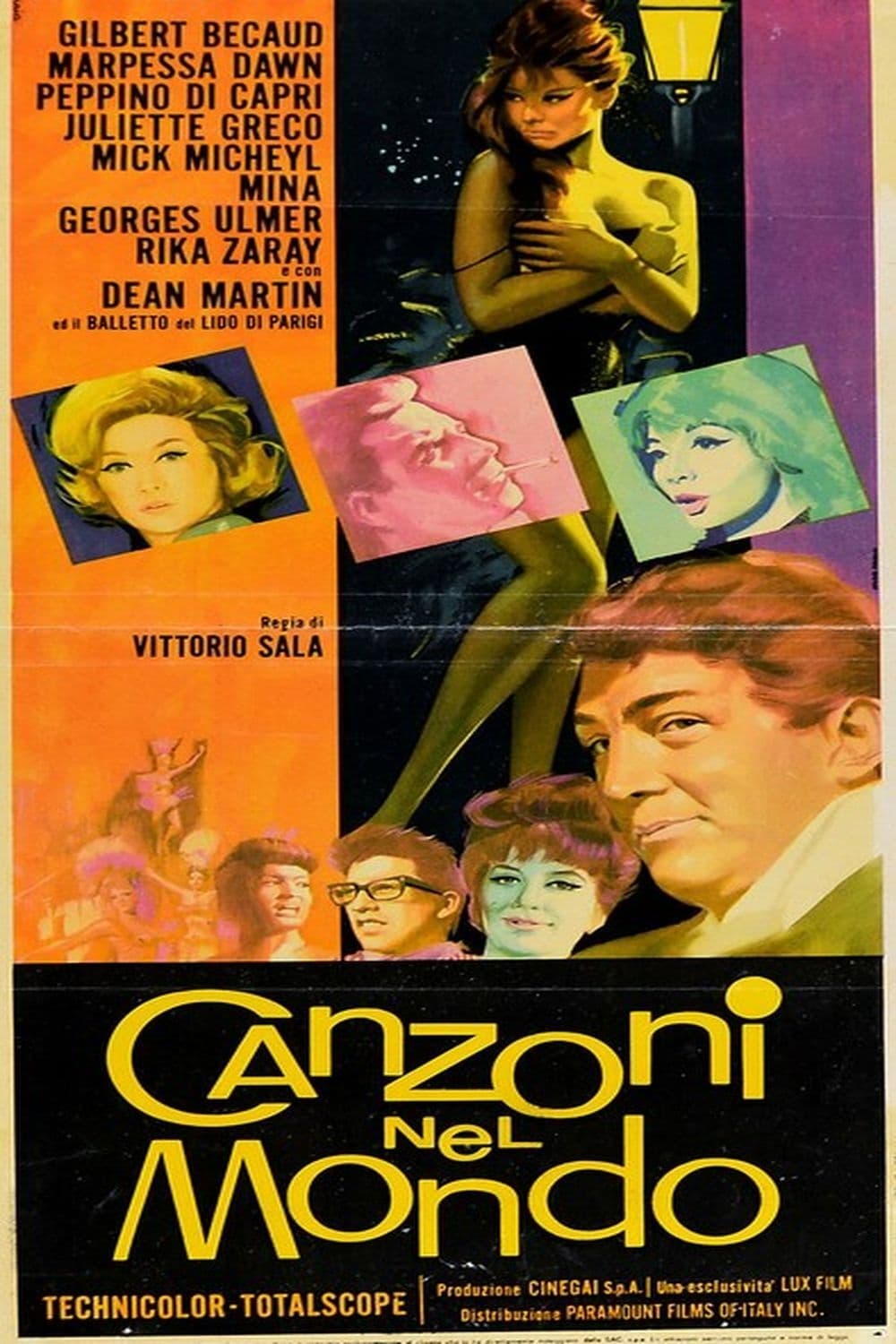
38-24-36 (1963)
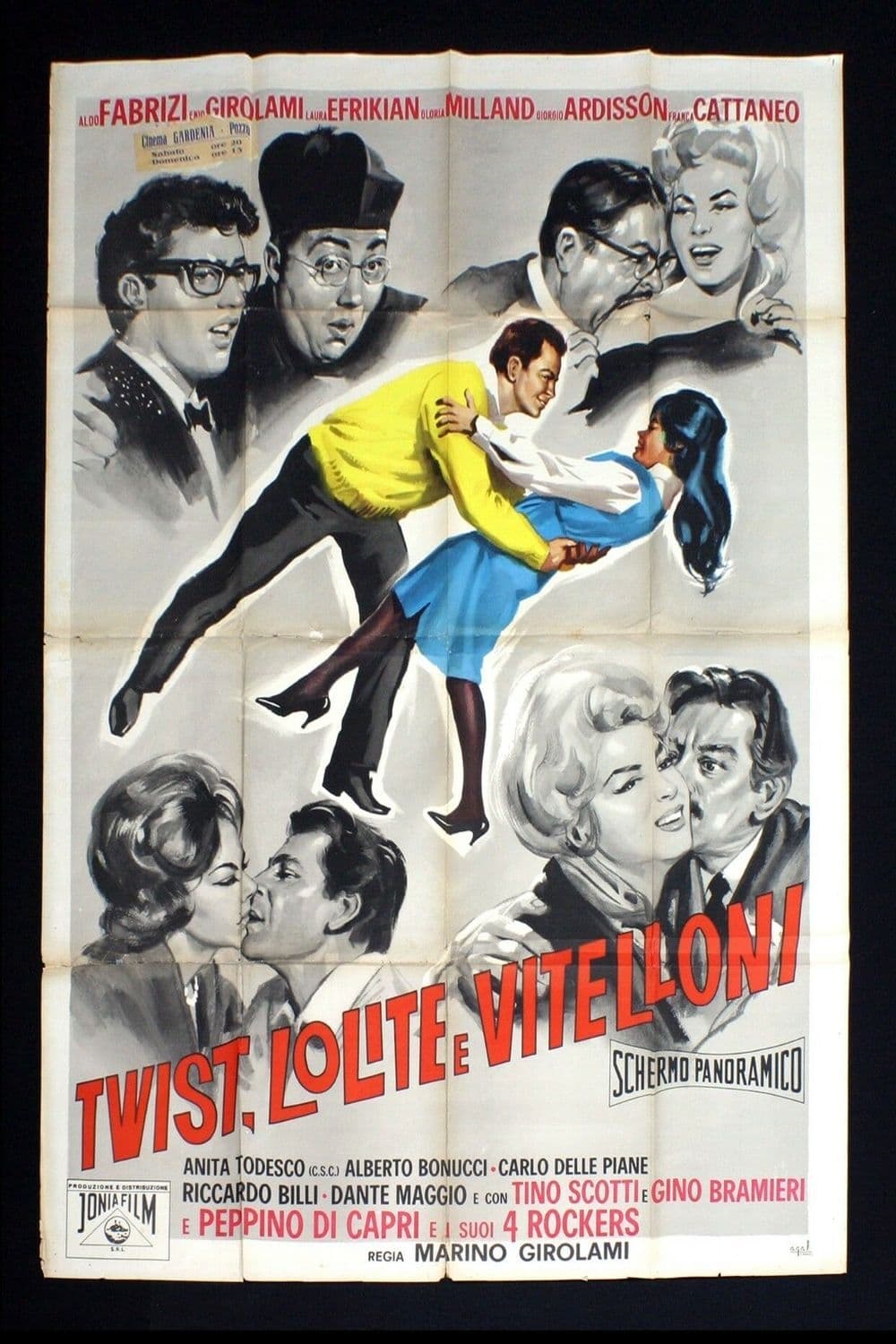
Twist lolite e vitelloni (1962)
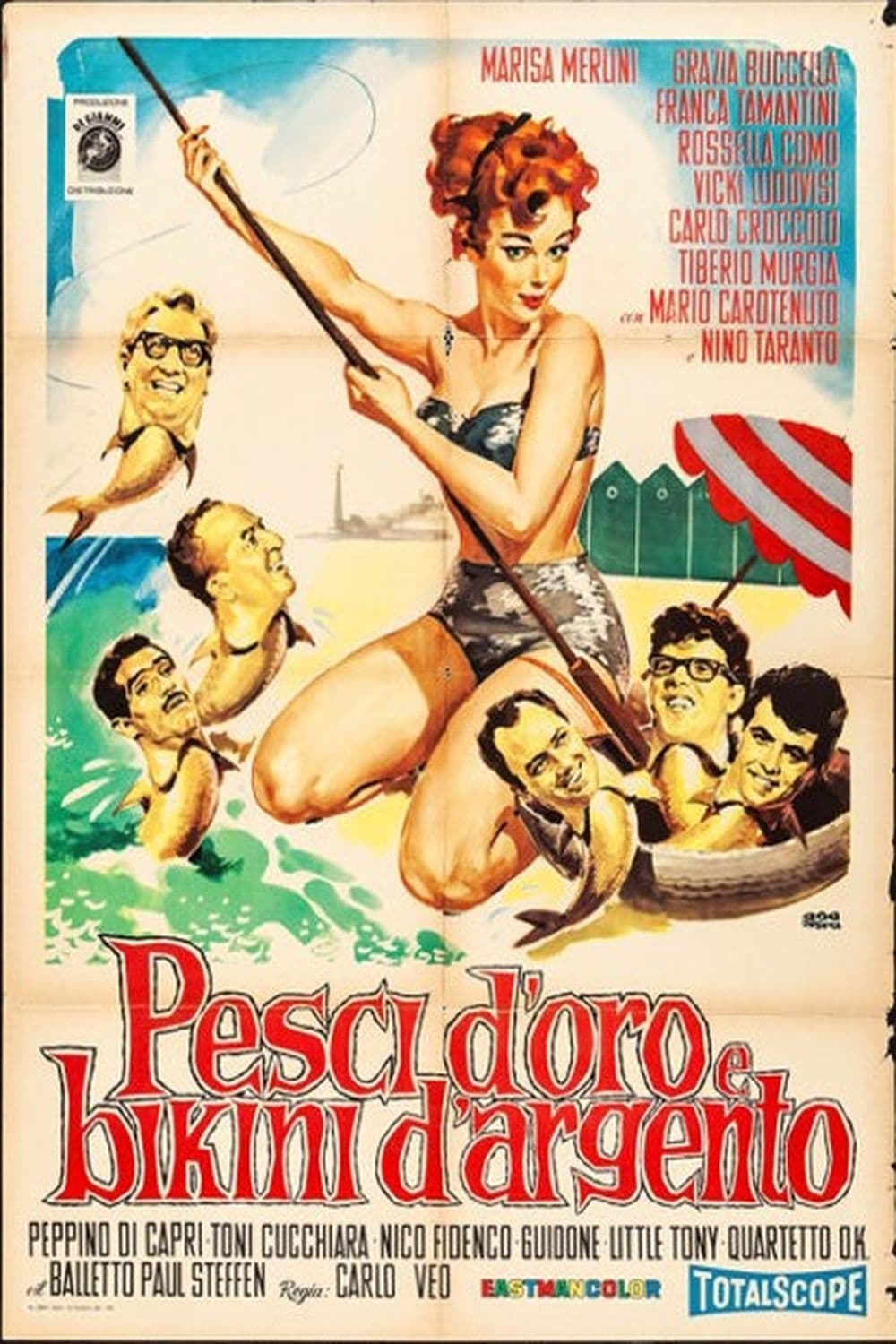
Pesci d'oro e bikini d'argento (1961)
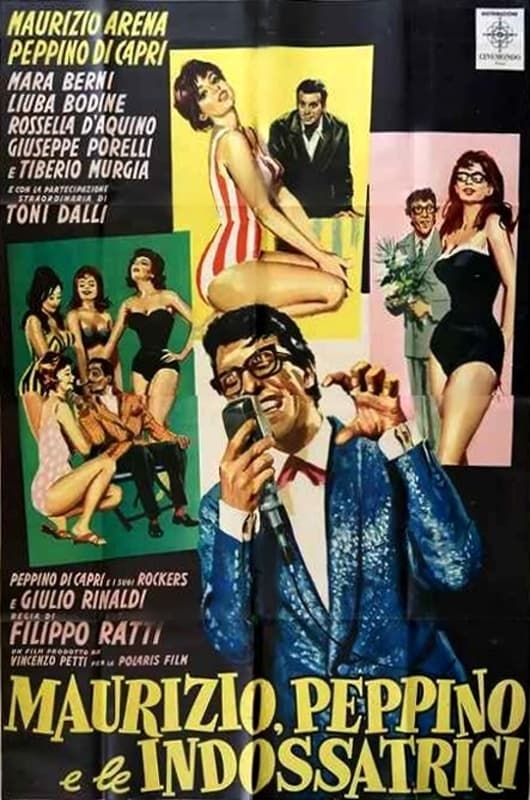
Maurizio, Peppino e le indossatrici (1961)
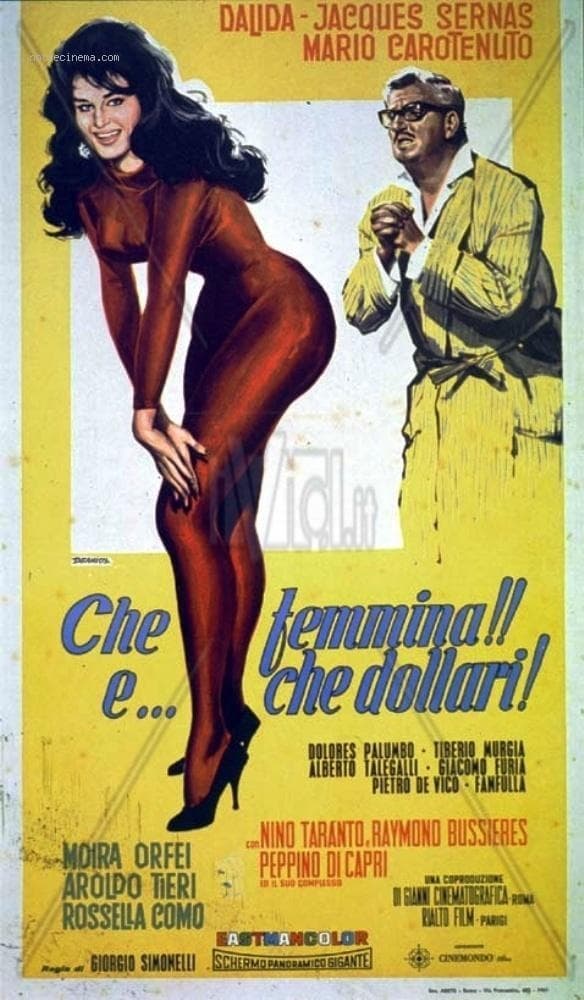
Che femmina!! E... che dollari! (1961)
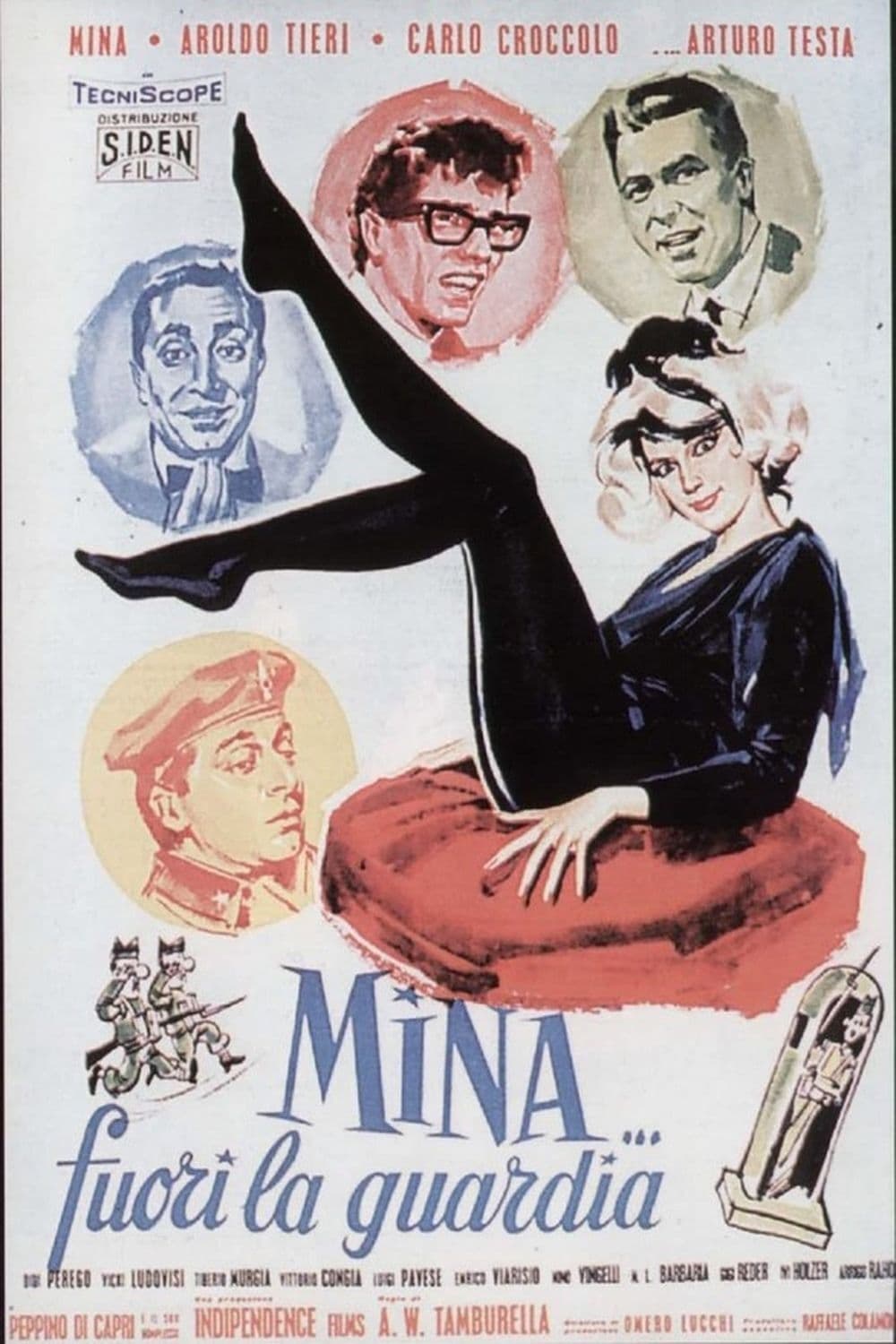
Mina... fuori la guardia (1961)
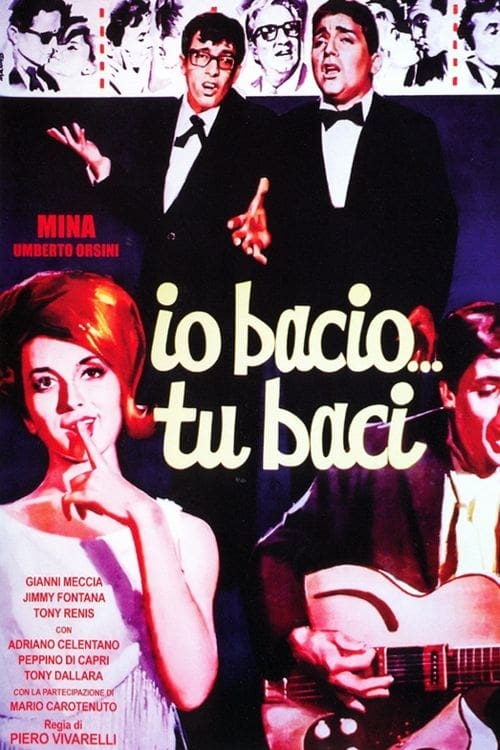
I Kiss... You Kiss (1961)
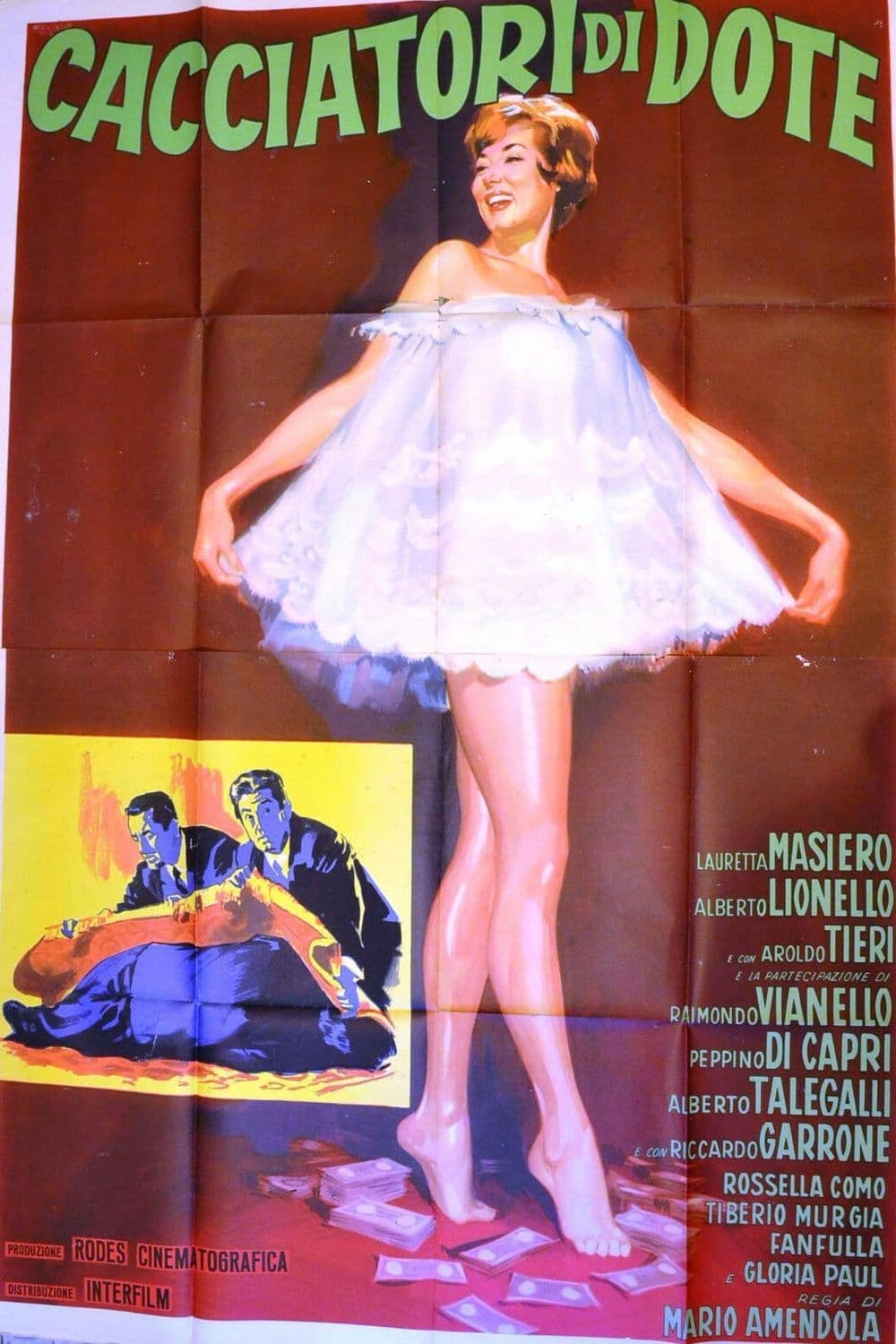
Cacciatori di dote (1961)

Sanremo Music Festival (1951)
Ratings
Information
Known ForActing
GenderMale
Birthday1939-07-27 (84 years old)
Birth PlaceCapri, Campania, Italy
CitizenshipsItaly
Also Known AsGiuseppe Faiella
AwardsSanremo Music Festival
This article uses material from Wikipedia.
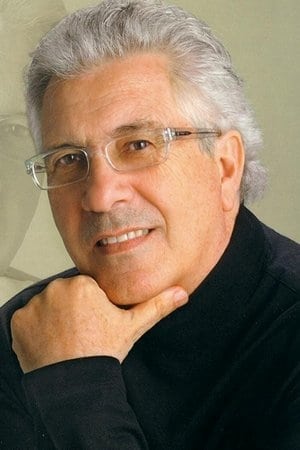 Peppino Di Capri
Peppino Di Capri- Filmography
- Information
- Related Persons
